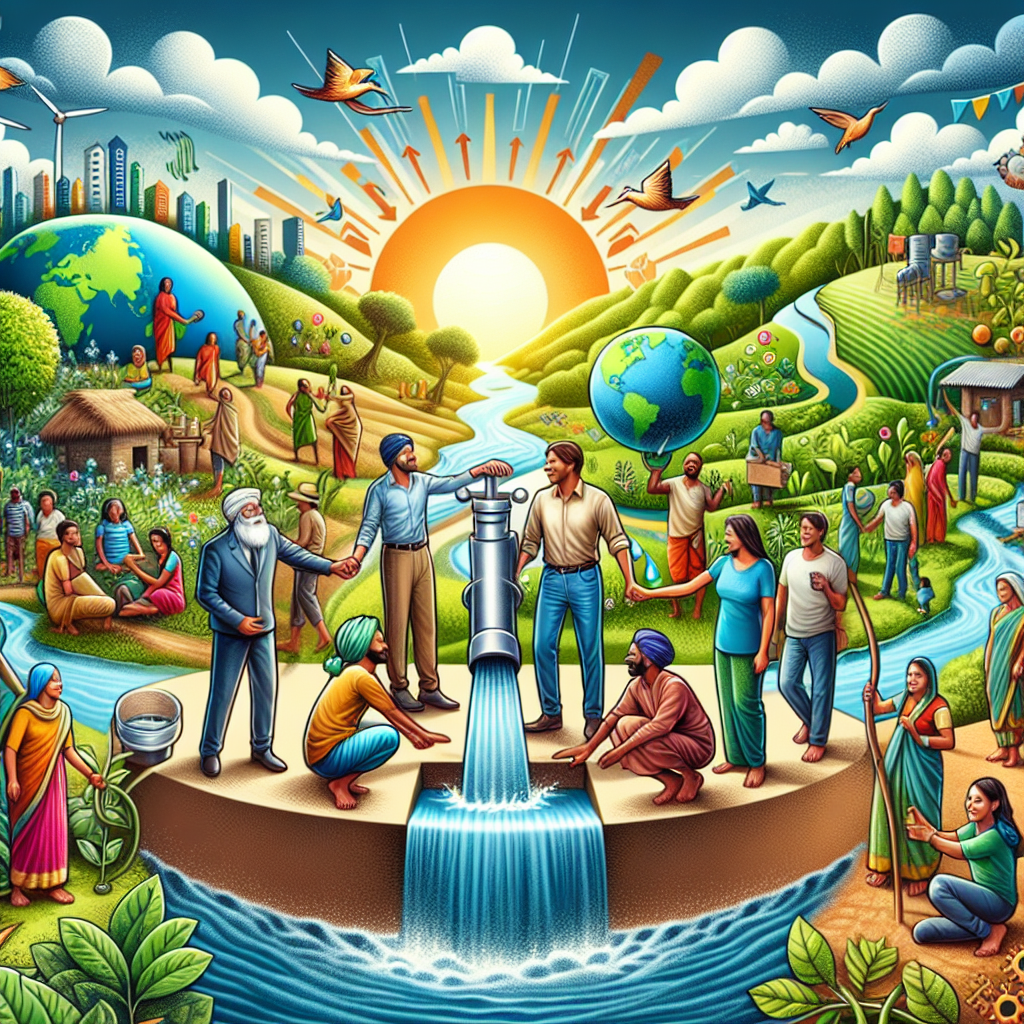Jal Jeevan Mission: Shifting to Sustainable Water Sources
Experts discussed the Jal Jeevan Mission's impact on reducing groundwater dependence from 85% to 52% and increasing surface water use to 48%. Highlighting community-driven solutions, they emphasized collaborative governance and innovative technologies in improving rural water access and sustainability across India.

- Country:
- India
The Jal Jeevan Mission has significantly reduced India's reliance on groundwater, shifting from an 85% dependency to a more balanced 52% for groundwater and 48% for surface water, experts revealed.
Discussions at the India Water Week 2024 highlighted the importance of a unified approach to rural and urban water governance. Ministry of Housing and Urban Affairs Additional Secretary D. Thara stressed the need for collaborative efforts to avoid siloed working, which could impede progress. She encouraged rural communities to engage actively in managing their water resources effectively.
National Jal Jeevan Mission Additional Secretary Dr Chandra Bhushan Kumar pointed out the mission's success in improving rural life by saving time, enhancing health outcomes, and boosting overall well-being. Uttar Pradesh's 85% coverage and Karnataka's sustainability strategies, including financial stability and community involvement, served as prime examples of the mission's positive impact on rural water access.
(With inputs from agencies.)
ALSO READ
ICAI Calls for Tax Reforms to Boost Sustainability and Simplify ITR
Ahmedabad Flower Show Blossoms into Sustainability Icon
Over 1,000 Experts and Conservationists to Promote Sustainability at Mahakumbh
Vedanta Aluminium Secures Top Spot in Global Sustainability Rankings
Kerala Beaches Earn Blue Flag Status for Sustainability Excellence










